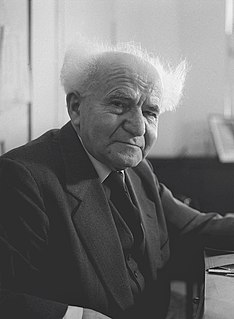A Quote by Susan Sontag
Dissimulation, secretiveness, appear a necessity to the melancholic. He has complex, often veiled relations with others. These feelings of superiority, of inadequacy, of baffled feeling, of not being able to get what one wants, or even name it properly (or consistently) to oneself — these can be, it is felt they ought to be, masked by friendliness, or the most scrupulous manipulation.
Related Quotes
But he had hardly felt the absurdity of those things, on the one hand, and the necessity of those others, on the other, (for it is rare that the feeling of absurdity is not followed by the feeling of necessity), when he felt the absurdity of those things of which he had just felt the necessity (for it is rare that the feeling of necessity is not followed by the feeling of absurdity.)
What’s most important is what you can’t see but can feel in your heart. To be able to grasp something of value, sometimes you have to perform seemingly inefficient acts. But even activities that appear fruitless don’t necessarily end up so. That’s the feeling I have, as someone who’s felt this, who’s experienced it.
Being an outsider means not being heard, not having a voice. It means being treated as a second-class citizen, being diminished in the eyes of others. We have all felt this way at one time or another, but some feel it more consistently. Unfortunately, our schools often do not embrace the talents of many of their occupants.
Manhood begins when we have in any way made truce with Necessity; begins even when we have surrendered to Necessity, as the most part only do; but begins joyfully and hopefully only when we have reconciled ourselves to Necessity; and thus, in reality, triumphed over it, and felt that in Necessity we are free.
Most of our suffering comes from resisting what is already here, particularly our feelings. All any feeling wants is to be welcomed, touched, allowed. It wants attention. It wants kindness. If you treated your feelings with as much love as you treated your dog or your cat or your child, you'd feel as if you were living in heaven every day of your sweet life.
Empathically accurate perceivers are those who are consistently good at 'reading' other people's thoughts and feelings. All else being equal, they are likely to be the most tactful advisors, the most diplomatic officials, the most effective negotiators, the most electable politicians, the most productive salespersons, the most successful teachers, and the most insightful therapists.



































